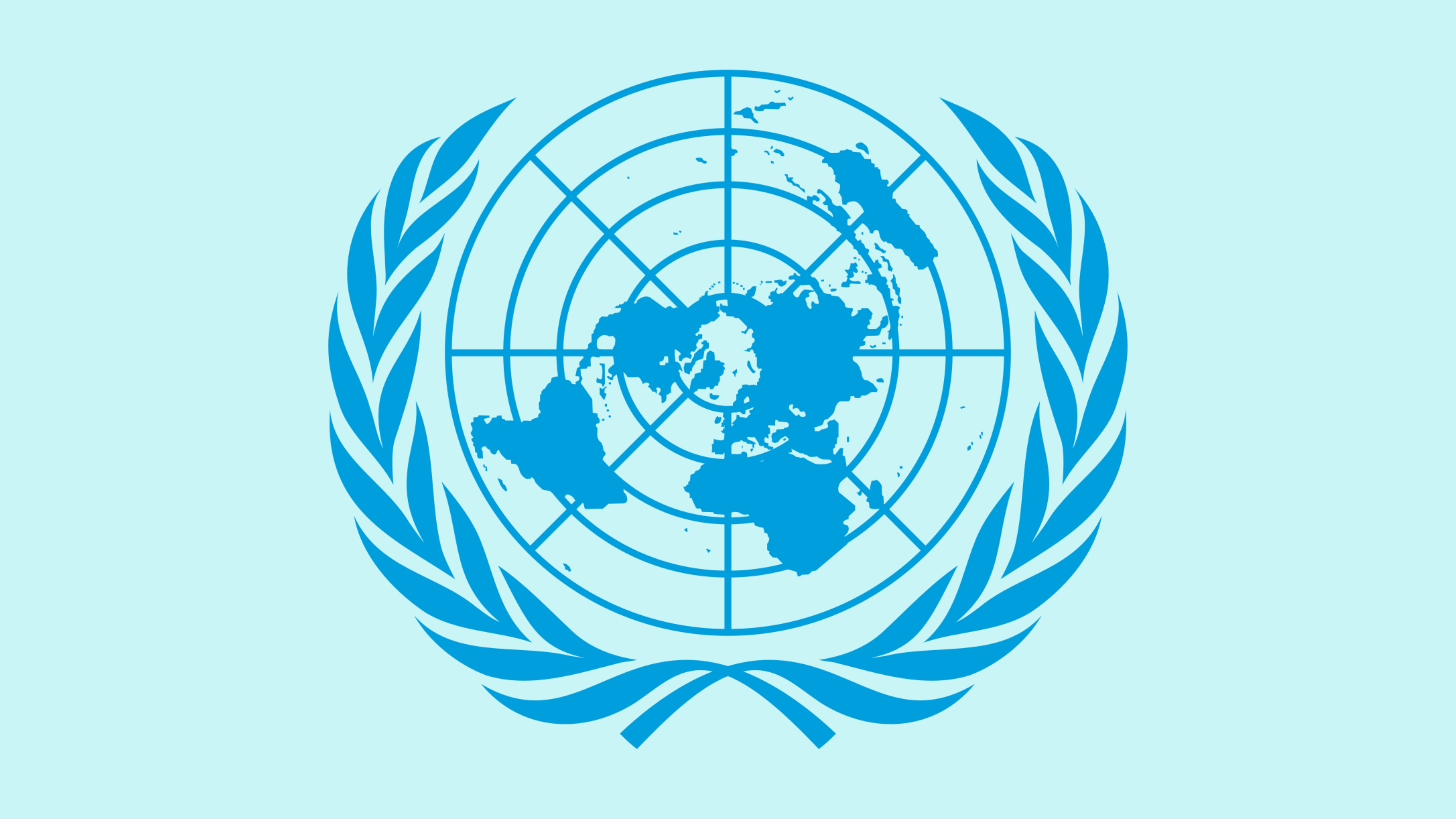Around 73 countries signed a landmark UN cybercrime convention in Hanoi, seeking faster cooperation against online crime. Leaders cited trillions in annual losses from scams, ransomware, and trafficking. The pact enters into force after 40 ratifications.
UN supporters say the treaty will streamline evidence sharing, extradition requests, and joint investigations. Provisions target phishing, ransomware, online exploitation, and hate speech. Backers frame the deal as a boost to global security.
Critics warn the text’s breadth could criminalise security research and dissent. The Cybersecurity Tech Accord called it a surveillance treaty. Activists fear expansive data sharing with weak safeguards.
The UNODC argues the agreement includes rights protections and space for legitimate research. Officials say oversight and due process remain essential. Implementation choices will decide outcomes on the ground.
Would you like to learn more about AI, tech, and digital diplomacy? If so, ask our Diplo chatbot!










